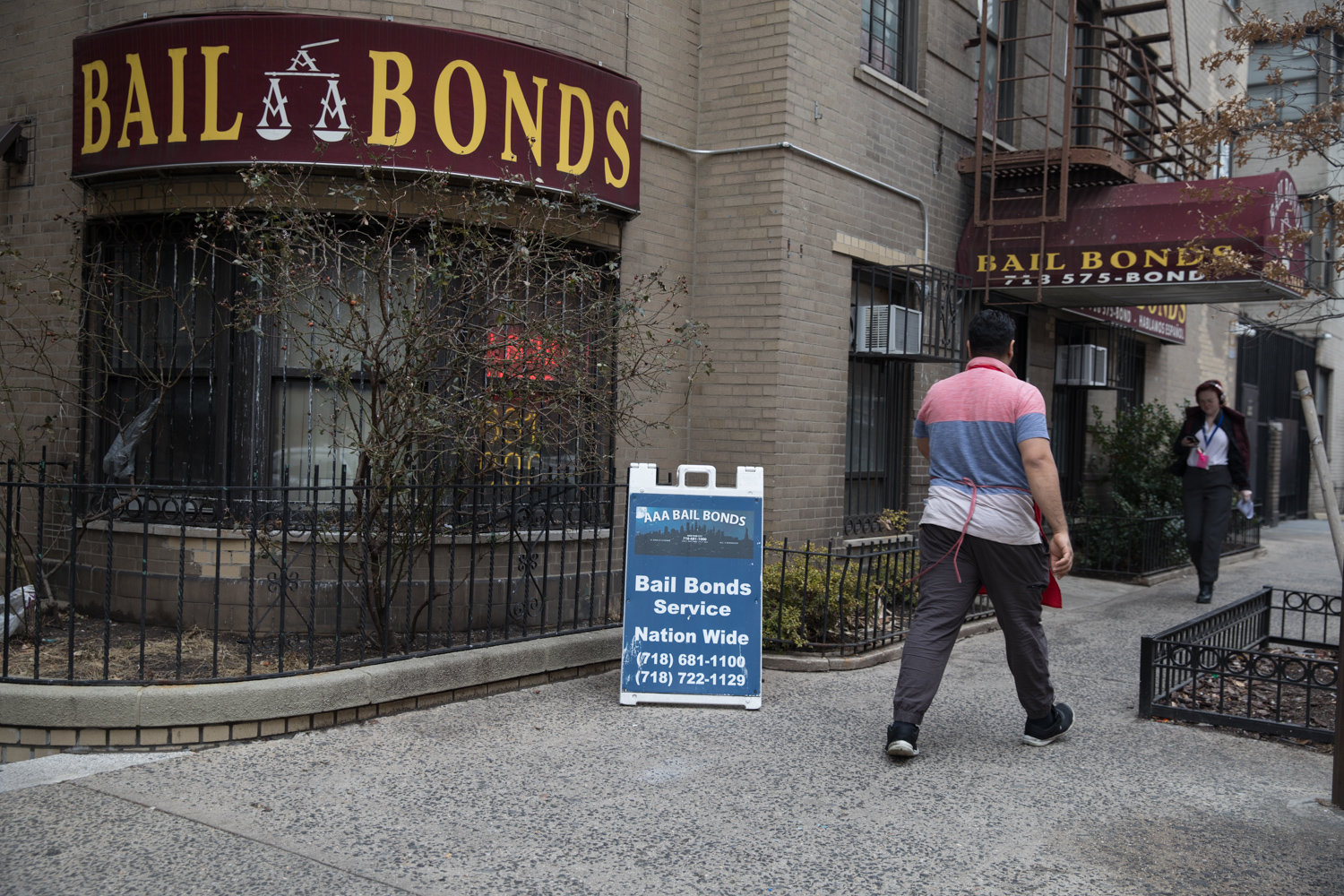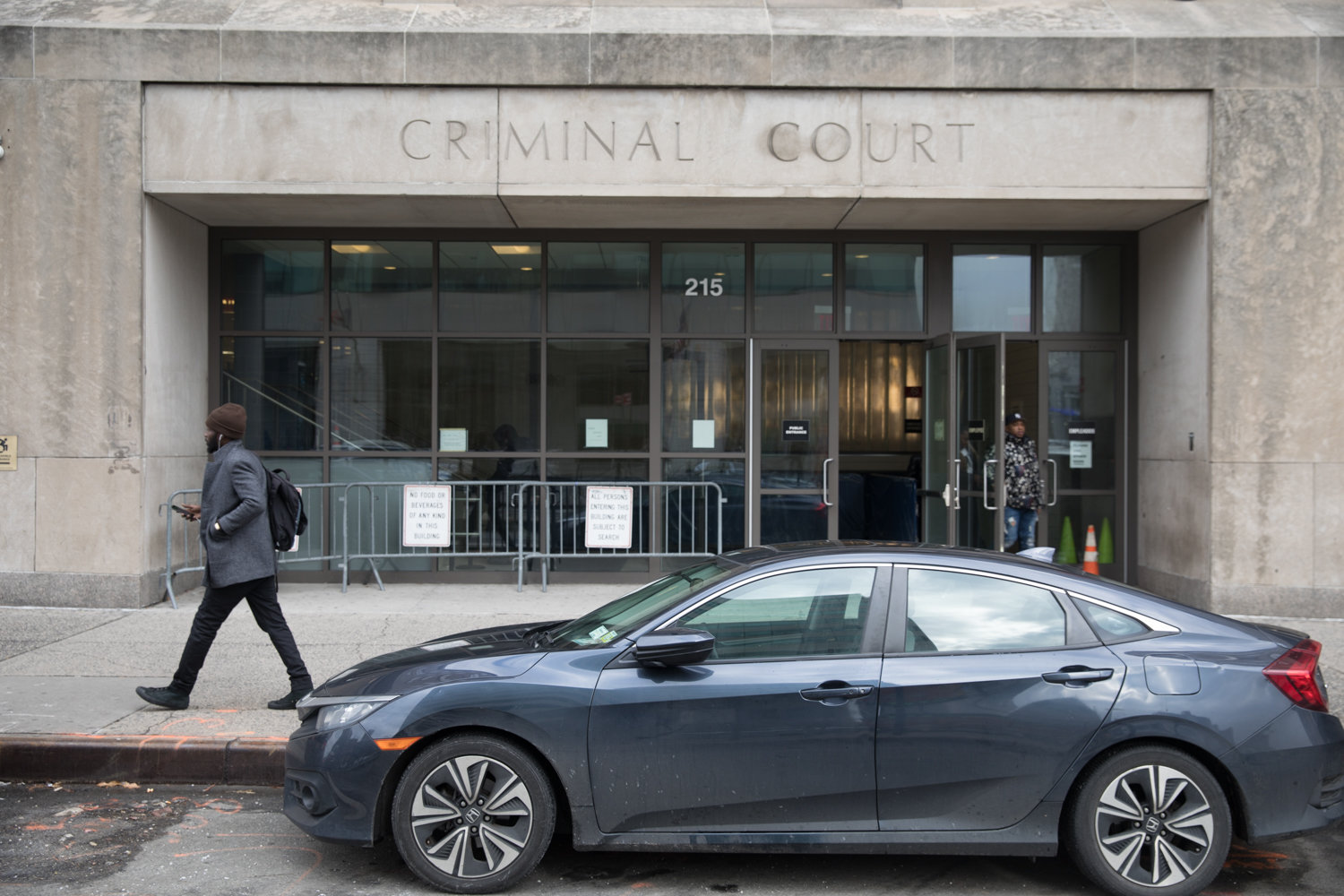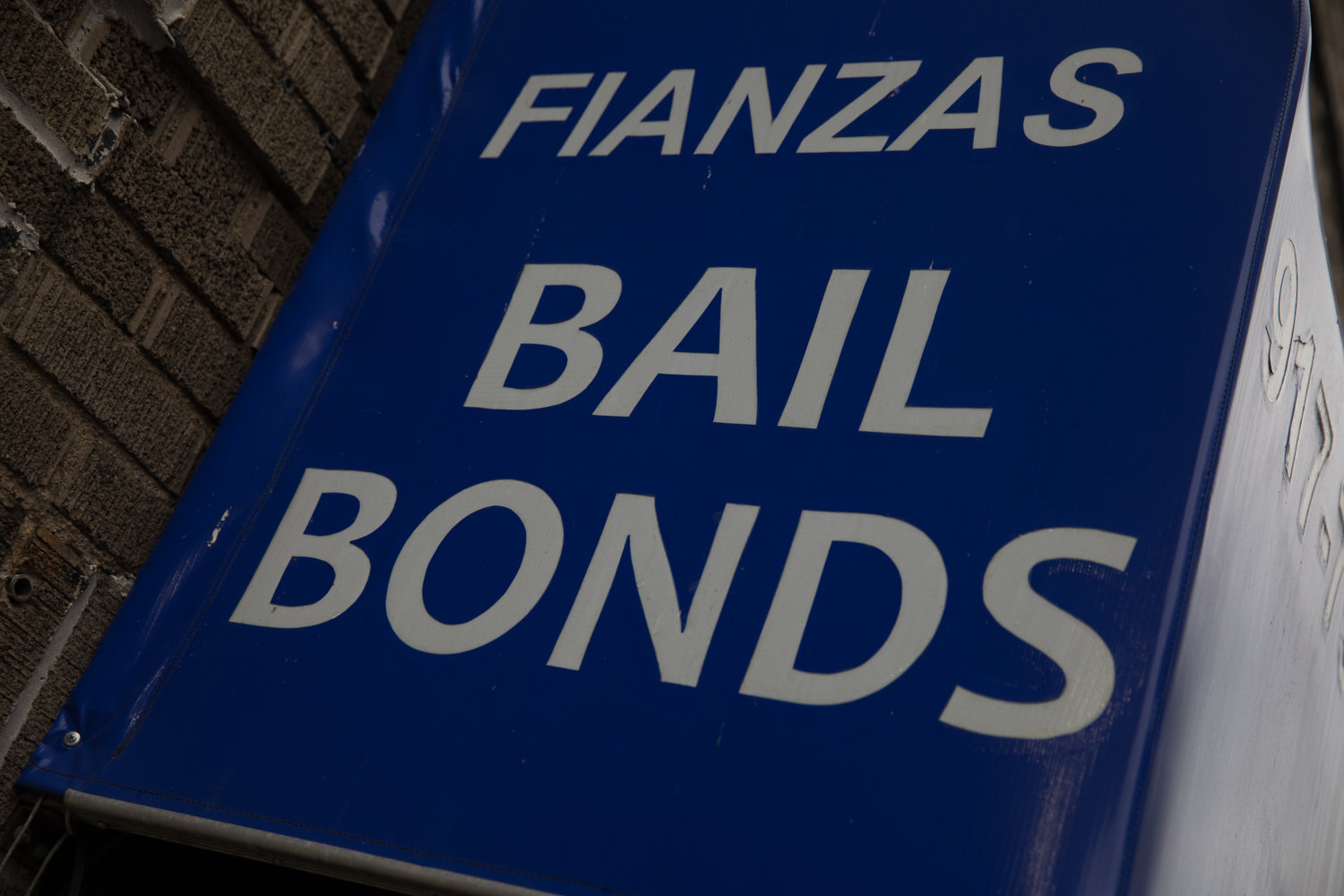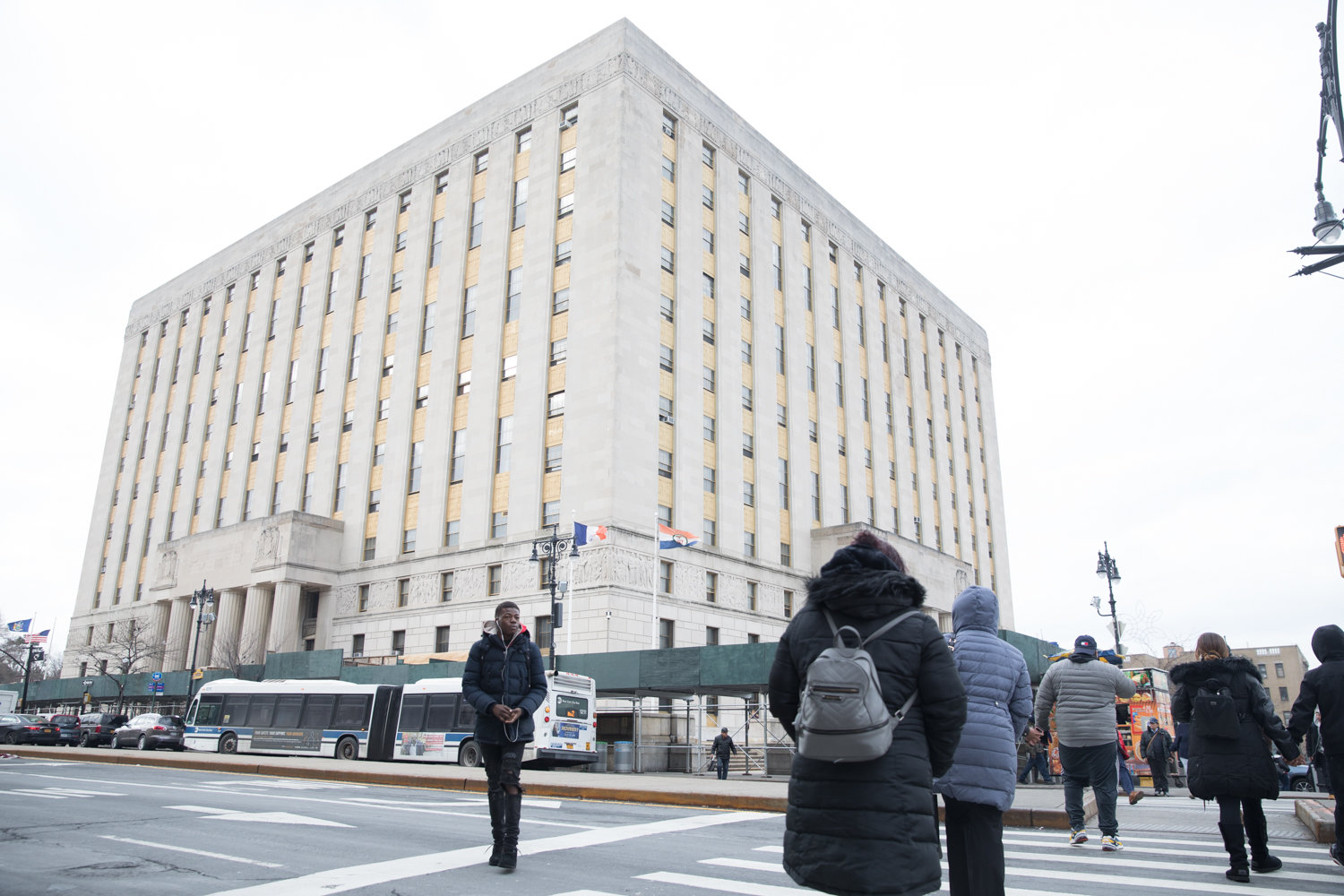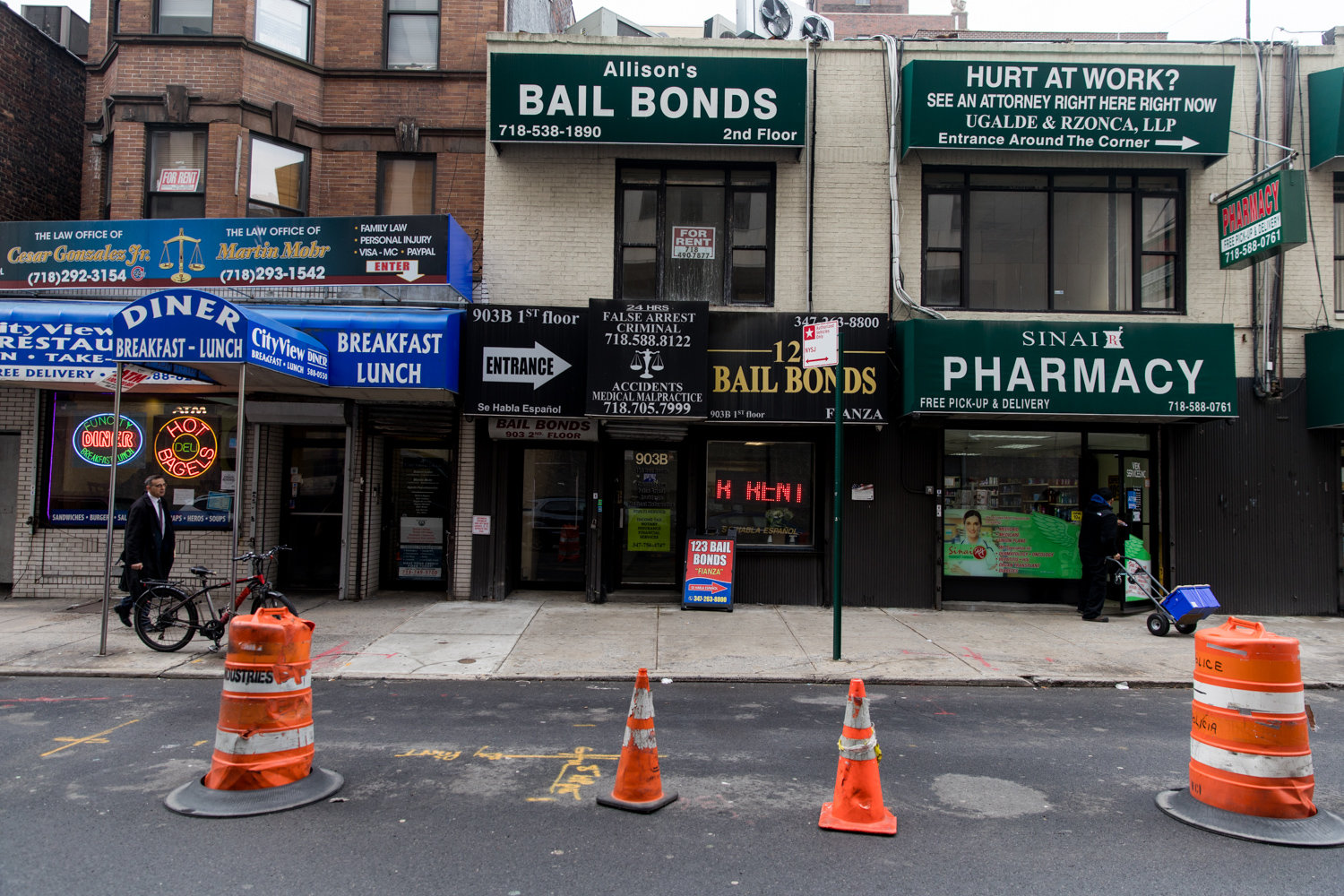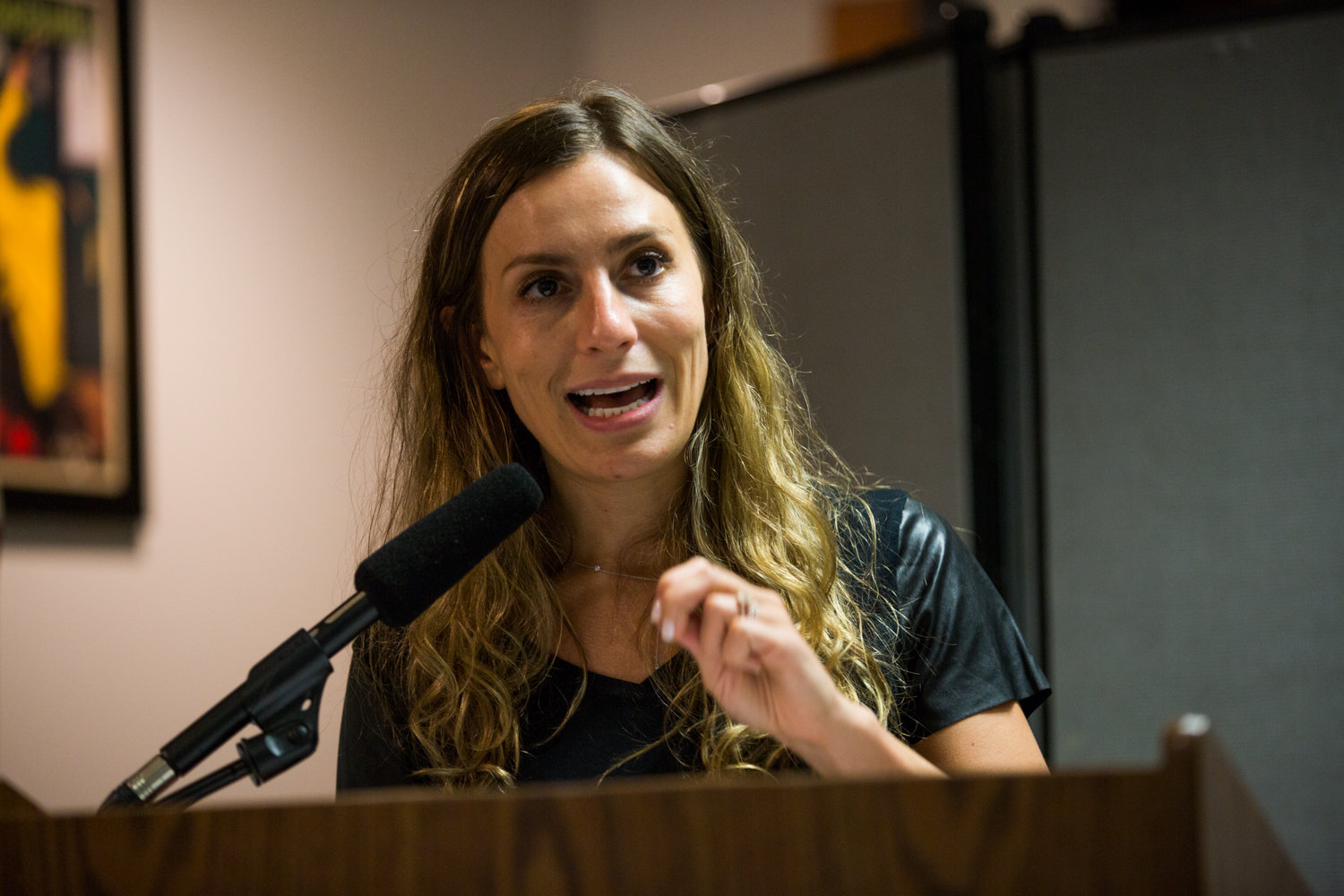Advocates herald cash bail reform as a good first step
Criminal justice reform has taken center stage in New York City over the past year, from closing the infamous Rikers Island, to upgrades in evidence discovery, to efforts that could make trials faster.
But none seemed more long awaited than the ban of cash bail for many crimes.
Cash bail is something public defenders and justice reform supporters have rallied against for years, calling the system requiring all bail money upfront before someone is released from police custody something that unfairly targets the poor and people of color. It prevented many from leaving jail for the same low-level crimes, misdemeanors and non-violent felonies a wealthier person could pay their way out of while they await trial.
But not everyone was convinced. In the days leading up to the elimination of cash bail some community leaders and law enforcement members expressed concerns, especially if it helped put someone on the street that shouldn’t be there while they wait for their day in court.
State Sen. Alessandra Biaggi heard many of those concerns, especially surrounding people accused of violent crimes. But the law doesn’t eliminate cash bail for those accused of domestic violence, rape and murder. In fact, unless they can pay the bail or a judge orders otherwise, they are not eligible to go free before their trial.
“Bail reform makes sure that every New Yorker who is accused — and accused is a very important thing to note — of minor or non-violent crimes will not sit in prison as they await trial, for months,” Biaggi said.
The most common crimes, at least as far as the 50th Precinct is concerned, fall under misdemeanors and non-violent felonies. Petty larceny and grand larceny were the two most common crimes in the 50th in 2019, according to New York Police Department data, and those arrested for either type of crime will no longer be forced to pay a cash bail.
In the week since the reforms went into effect, some New York lawmakers have floated the possibility of making changes to the law after suspects in some higher-profile cases were released without bail. At this point, however, no formal change to the cash bail reform has been proposed.
Those accused of violent felonies — including felony assault, rape and murder —will still be held before trial, although some sex crime defendants will not be.
According to the Mayor’s Office on Criminal Justice, 55 percent of those in jail eligible for bail are black. 33 percent are Hispanic, while only 7 percent are white. According to the same office, as of April 1, more than 5,000 people were in jail awaiting trial. More than 2,000 of those people had committed misdemeanors and non-violent felonies.
Bail, initially, was a way to ensure those accused of crimes would show up for their day in court.
Over time, it has become a way to keep people contained while they wait for their trial date.
“Bail is a mechanism for release,” said Scott Levy, chief policy counsel at the Bronx Defenders. “It’s not supposed to hold people in jail. It’s only because we have lived for so long in this world where it has been used to detain people that it has started to seem natural and normal.”
The criminal justice system should reflect the policy of “innocent until proven guilty,” Levy added.
Having Rikers Island inside her senate district has helped fuel Biaggi’s work on criminal justice reform, she said.
“There is a real important emphasis on getting this right, because the conditions at Rikers are not humane,” Biaggi said. “It’s not OK. It’s very good that this is going to be a jail that closes. We can’t be sending people there that can’t make bail simply because they can’t come up with a couple hundred dollars, when someone else can leave just because they can come up with a couple hundred dollars.”
Biaggi emphasized the oft-misunderstood differences between prisons and jails. People in jail are awaiting trial, and have not been tried or convicted. After someone has stood trial and been convicted of a crime, they are sent to a prison. Most Rikers Island detainees have yet to be convicted of a crime.
Levy was optimistic new policies that would keep regular contact with those awaiting trial would prove effective. Dodging trials is less common than people might think, he said, and is even less often purposeful.
“Overwhelmingly, when people miss court, it’s not because they are fleeing the jurisdiction,” he said. “It’s because they got the days mixed up. Or they overslept. What we know is if you are able to maintain contact with people, and give reminders, people will come to court.”
And, while for some people, remembering and attending their court dates is easy, many people who are in the criminal justice system have other complications in their lives, and may need a simple reminder of when and where their court date is. They also might need a little help getting there.
The Bronx, for years, has leaned toward releasing people rather than holding them on bail, Levy noted.
“The Bronx courts have developed a culture of release and have been quietly leading the way,” he said. “The bail reform is not going to have a dramatic impact on the rate of release as it may have in other parts of the state, where court culture is different.”
Still, Biaggi said, not all courts act like the Bronx criminal courts.
“This will be an attempt, and I think a successful one, at making and creating a criminal justice system that is treating everyone the same,” Biaggi said.

